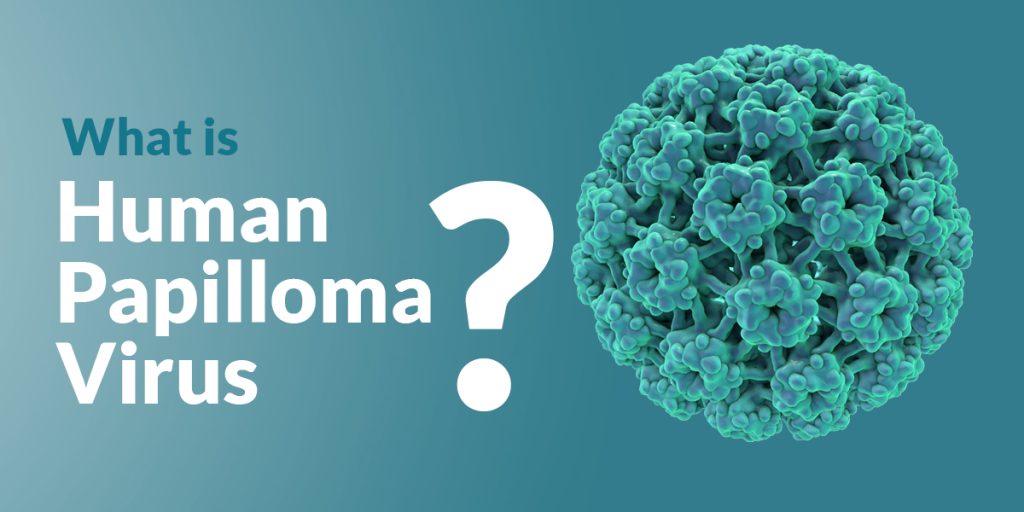
HPV stands for Human Papilloma-virus.
There are lots of different types of HPV:
Genital HPV is a very common sexually transmitted infection which usually has no symptoms and goes away by itself, but can sometimes cause serious illnesses.
9 out of 10 people have HPV at some time in their lives.
It’s very common.
Both men and women can get HPV.
You can be exposed to HPV the first time you’re sexually active, from only one sexual partner.
The virus is transferred from one person to the other through tiny invisible breaks in the skin.
The types of HPV that cause genital cancers and warts are passed on by genital-skin to genital-skin contact.
Condoms offer some but not total protection from HPV, as they don’t cover all of the genital skin. However, condoms do protect against other sexually transmitted infections and help prevent unwanted pregnancy.
Usually, HPV leaves the body naturally and you never know you had it.
Sometimes HPV doesn’t leave the body naturally. We call this ‘persistent’ HPV infection. Persistent HPV infection can cause abnormal cells to develop. These cells may develop into cancer, usually over many years, if they aren’t treated.
There is a vaccine that can stop girls and boys getting nine HPV types that cause: – 90% of cervical cancers – most genital HPV-related cancers in males – 90% of genital warts.
– For people aged 14 and under, the vaccine is given as two injections in the upper arm, six to 12 months apart. – People who are aged 15 or over when they receive their first dose, or people who do not receive the injections at least six months apart, will need three injections. -Ideally, the three doses should be given at 0, 2 and 6 months – that is, the second dose should be given two months after the first, and the third dose four months after the second. It’s very safe. Some people do experience mild side effects such as pain, redness or swelling at the injection site, however this is very normal and these symptoms usually go away quickly. The vaccine works best when given at age 12-13, before you become sexually active.
When the vaccine is given, the body makes antibodies in response.
If a person is then exposed to the real virus, the antibodies can clear it from the body.
This is called immunity.
The vaccine doesn’t cause any type of cancer or genital warts.
Having the HPV vaccine means you’re less likely to get some genital cancers and genital warts in the future.
We have already seen some great results from the HPV vaccine.
These include:
– A reduction in HPV types responsible for most cervical cancers
– Halving the number of abnormal Pap test results that can lead to cervical cancer in Victorian girls
-The near disappearance of genital warts
The nearest health facility arrange with the schools nearby to either have students visit the health facility or health Teams conduct out-reach to schools
If you miss a vaccine dose at school, it is possible to get a ‘catch up’ dose from your doctor or nearest health facility.
In some circumstances catch up doses can be given at out-reach in school.
It’s important to get both doses of the vaccine for best protection.
Girls will still need Cervical Screening Tests in the future if they have the vaccine.
This is because the vaccine doesn’t protect you against all of the HPV types that can lead to cervical cancer.
You will need Cervical Screening Tests every five years from the age of 25 if you have ever been sexually active.



County Government of UasingishuP.O. Box 40-30100, Eldoret.
© 2026 Uasin Gishu County Government. All rights reserved. Powered By County Developers